Before Trump, these 12 democratic values were sacred—now, they’re up for debate.

Boomers grew up with a clear understanding of what democracy stood for—fair elections, respect for institutions, and a belief that facts mattered. It wasn’t perfect, but there was a shared agreement on the rules of the game. Then, something shifted. The political landscape became unrecognizable, and the very ideals that once united Americans started to unravel.
Conversations that used to be debates turned into all-out wars. Trust in the media, the courts, and even the voting system itself took a nosedive. Longstanding principles that once felt unshakable suddenly seemed up for debate. Many Boomers have watched in disbelief as democracy took a turn they never expected.
How did it happen? The changes didn’t come overnight, but they’re impossible to ignore. Understanding what democracy used to mean helps make sense of how much has truly changed.
1. Elections were trusted, and losing with dignity was part of the process.

Boomers grew up believing in the integrity of elections. Sure, there were always debates and disputes, but in the end, the loser conceded, and the country moved forward. Presidential candidates didn’t claim fraud without evidence, and Americans accepted the results—even when they didn’t like them, according to writers at Wikipedia. There was an unspoken agreement that democracy only works when both sides play fair.
Today, that trust has been shattered. Election denial has become a political strategy, and many voters now question results they once took as fact. Instead of graceful concessions, there’s endless litigation, conspiracy theories, and efforts to overturn outcomes. This shift has eroded faith in one of democracy’s core foundations, leaving many Boomers wondering how something so fundamental became so fragile.
2. The media was trusted to inform, not manipulate.
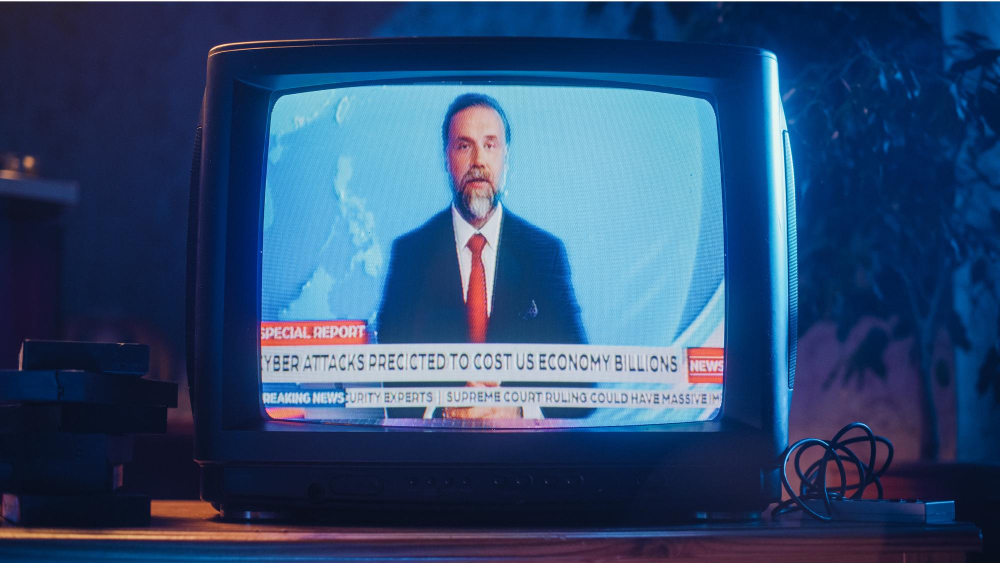
There was a time when the evening news was considered a reliable source of facts, not a battlefield of opinions. Boomers grew up watching Walter Cronkite and Dan Rather, believing that journalists aimed to report the truth rather than push an agenda, suggests Dennis Romboy writing for Deseret. News networks weren’t divided into left and right factions, and social media didn’t exist to amplify misinformation at lightning speed. People disagreed on policies, but they worked from the same set of facts.
Now, it’s nearly impossible to know who to trust. Echo chambers have replaced objective reporting, and the line between journalism and propaganda has blurred. Instead of informing, media outlets often fuel division, leaving many longing for the days when facts weren’t up for debate.
3. Political disagreements didn’t destroy friendships and families.
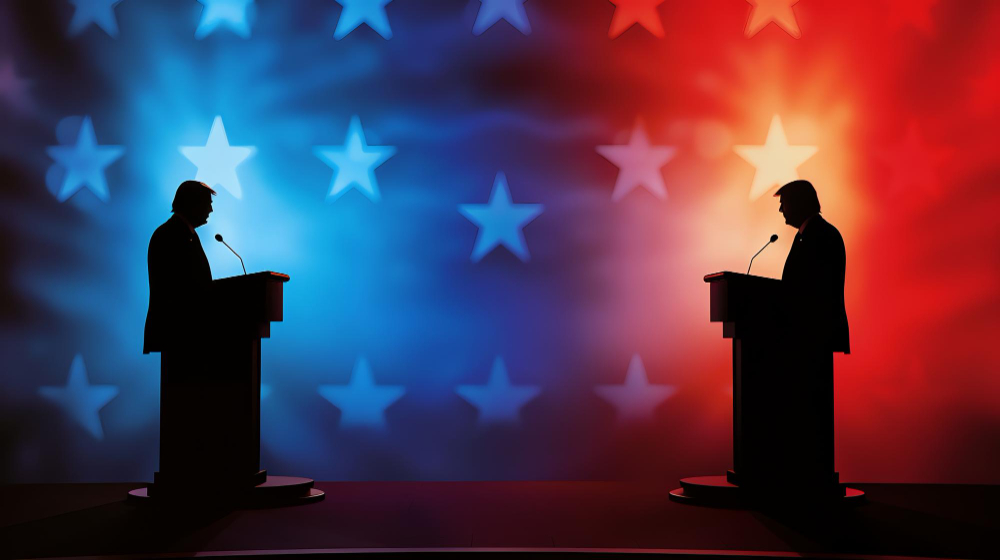
Boomers could sit at the dinner table, debate policy, and still walk away as friends. Political differences were seen as just that—differences, not deal-breakers. People voted for candidates based on policy, character, and leadership, not blind loyalty to a party or personality. Heated discussions happened, but they rarely ended relationships.
Fast forward to today, and political divisions have become personal. Writing for Time magazine, Joshua Coleman and Will Johnson say that families have been torn apart, friendships shattered, and social media has turned minor disagreements into full-blown battles. Being on the “wrong” side of an issue can lead to canceled relationships, public shaming, or even threats. The idea that Americans could “agree to disagree” feels like a relic from another era.
4. Patriotism wasn’t about choosing sides.
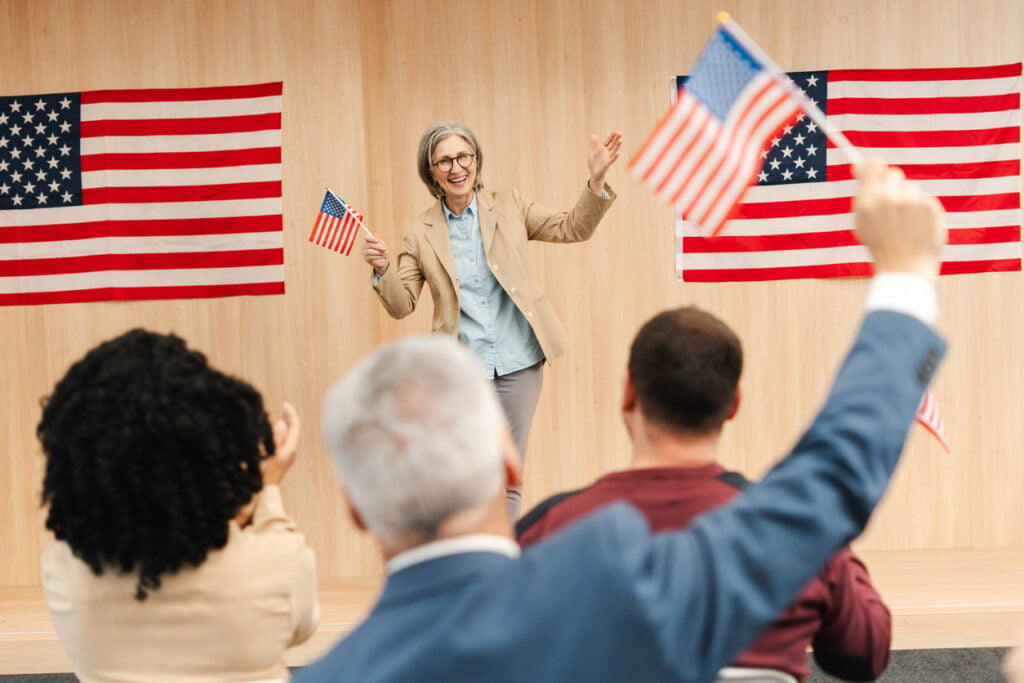
For Boomers, patriotism meant loving your country, not proving your loyalty to a political party. It was about shared values, not a constant battle over who was “more American.” Standing for the national anthem, respecting veterans, and believing in the Constitution weren’t controversial topics—they were common ground. Today, even the definition of patriotism has become divisive.
Some see it as blind allegiance, while others use it as a political weapon. Protests, flags, and even the Pledge of Allegiance have become symbols of political identity rather than national unity, reports Deena Zaru for ABC News. The idea that Americans could disagree on policy but still share love for their country has faded, replaced by an “us vs. them” mentality that makes real unity feel impossible.
5. The Supreme Court was respected, not seen as a political tool.
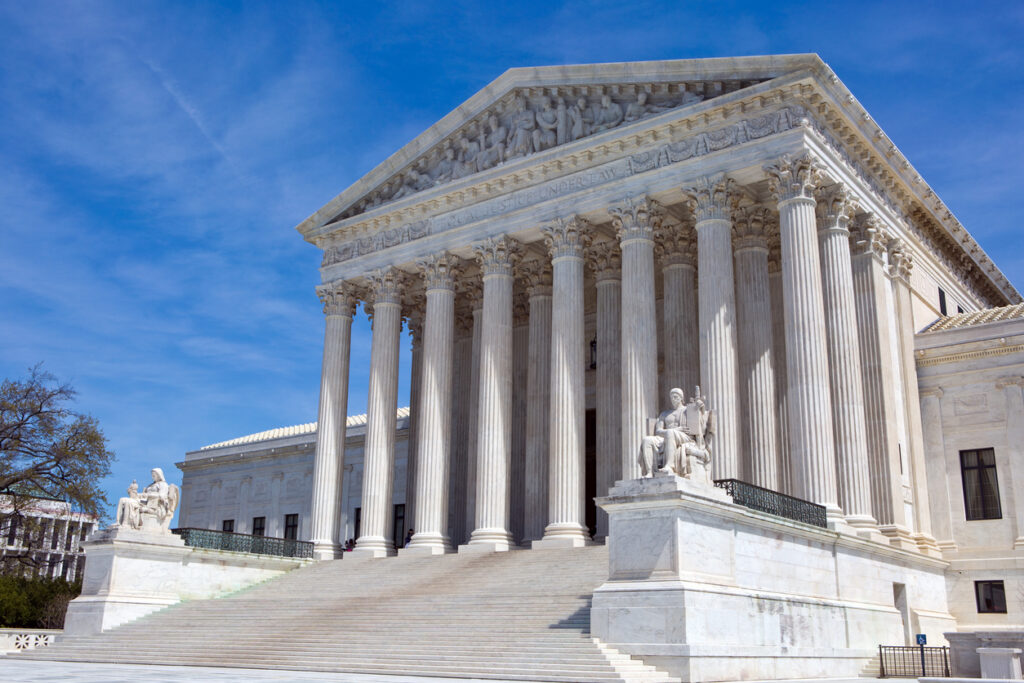
Boomers grew up believing that the Supreme Court was an independent body that ruled based on the law, not political bias. Justices were respected, even if people disagreed with their decisions. Nominations weren’t the high-stakes, hyper-partisan fights they are today, and landmark rulings were generally accepted as final.
Now, the Court’s credibility has crumbled. Justices are appointed through bitter political battles, and rulings are seen as partisan victories rather than legal decisions. Many Boomers have watched in shock as the institution they once trusted has become just another extension of political warfare. The belief that the judiciary should be above politics feels like a distant memory.
6. Conspiracies existed on the fringes, not in the mainstream.
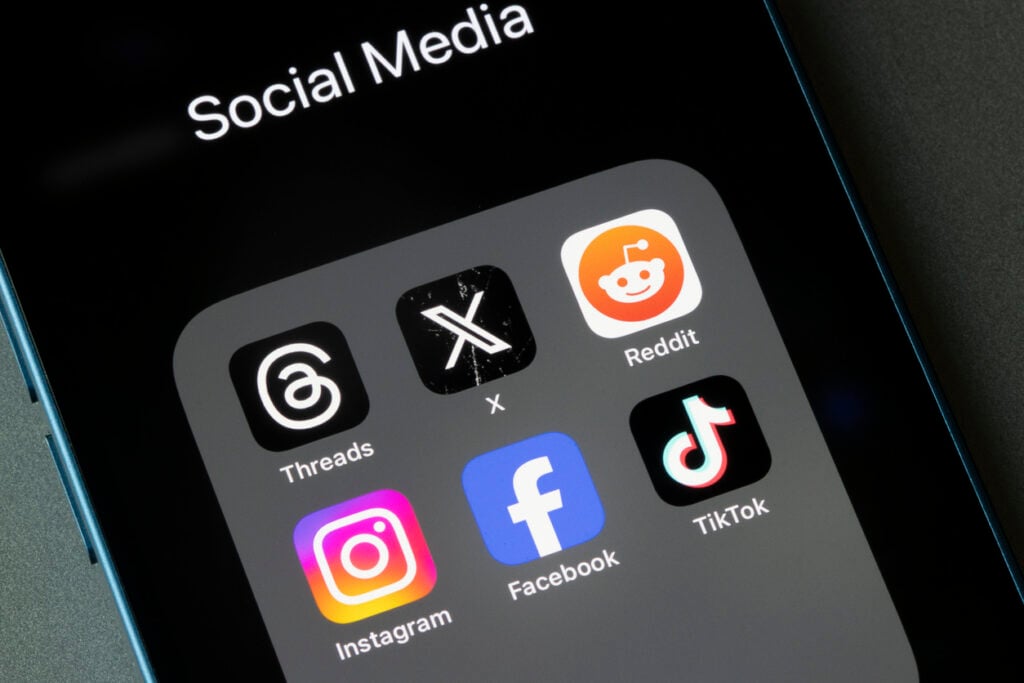
Every era has had its conspiracy theories, but Boomers remember when they were dismissed as fringe ideas, not political talking points. People who believed the moon landing was fake or that Elvis was alive weren’t shaping national policy. Now, misinformation spreads faster than ever, and once-laughable theories have become mainstream. Politicians openly promote baseless claims, and millions believe them without question.
The rise of social media has made it easier than ever to manipulate public perception, leading to a world where facts are optional. Critical thinking has taken a backseat to viral narratives, making it harder to separate truth from fiction. The idea that reality itself could be debated would have seemed absurd decades ago—but here we are.
7. Compromise was a sign of strength, not betrayal.

Boomers remember a time when political leaders could disagree but still work together for the greater good. Finding common ground wasn’t seen as a betrayal to one’s party—it was a mark of true leadership. Presidents and lawmakers from opposite sides of the aisle shook hands, brokered deals, and passed meaningful legislation. Today, bipartisanship is almost extinct. Any politician who dares to cooperate with the other side risks being labeled weak or disloyal.
Gridlock has become the norm, with both parties more focused on winning than actually governing. The idea that compromise is essential for democracy has been replaced with an “all or nothing” mentality. Instead of working toward solutions, politicians cater to their most extreme supporters, leaving the country divided and progress at a standstill. Democracy can’t function when cooperation is seen as a weakness.
8. The peaceful transfer of power was never in question.
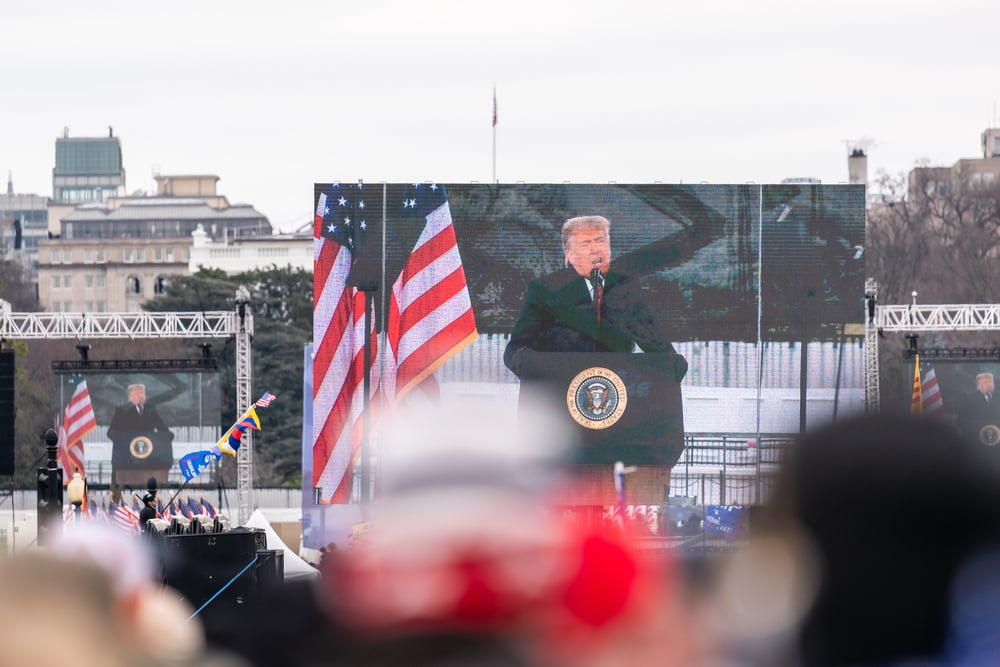
For decades, no matter how bitter an election was, there was one certainty—the loser conceded, and the winner took office without chaos. Boomers watched presidents they supported and opposed hand over power with dignity, understanding it was a cornerstone of democracy. That norm shattered in 2020 when, for the first time in modern history, a sitting president refused to accept defeat.
The world watched in disbelief as misinformation fueled outrage, leading to an attack on the U.S. Capitol. The once-unshakable belief that America set the standard for peaceful transitions now feels uncertain. A process that was always taken for granted suddenly seems fragile, dependent not on laws but on the willingness of leaders to uphold them. The question now isn’t just who will win future elections—it’s whether democracy itself will survive them.
9. Facts mattered more than political narratives.

Boomers grew up in a world where truth held weight, and facts shaped opinions—not the other way around. Politicians could spin the truth, but outright fabrications didn’t hold up under scrutiny. News organizations were held to journalistic standards, and misinformation wasn’t spread at the speed of social media. Today, reality itself feels up for debate. People can choose their own “facts,” fueled by online echo chambers that reinforce their beliefs, no matter how baseless.
Experts are dismissed as biased, science is politicized, and conspiracy theories spread faster than truth. When facts become optional, democracy weakens. A country where people no longer agree on basic reality can’t function properly. Boomers who once trusted institutions to uphold truth now struggle to recognize the landscape of misinformation that dominates modern discourse.
10. Public service was about duty, not personal gain.

Boomers remember when political leaders, despite their flaws, at least pretended to serve the public. Holding office was considered a responsibility, not a shortcut to power, wealth, and social media fame. While corruption has always existed, it wasn’t openly flaunted. Leaders were expected to put country before self, and scandals could end careers. Fast forward to today, and many politicians see public office as a personal brand-building opportunity.
Influence is bought and sold, and serving in government often leads to lucrative deals, high-paying speaking gigs, and reality-TV-style social media followings. Instead of solving problems, leaders engage in performative outrage designed to go viral. The idea of working for the people has taken a backseat to self-promotion. For Boomers who once viewed public service as a noble calling, this shift has been disheartening.
11. Democracy meant everyone’s vote counted equally.

Voting was a right that Boomers saw expand throughout their lifetime. The Civil Rights Movement, the Voting Rights Act, and increased accessibility to the ballot box all reflected a growing belief in equal participation. Elections weren’t perfect, but the goal was clear—every citizen deserved a say. That belief has eroded. Voter suppression laws, gerrymandering, and targeted misinformation campaigns now aim to control who gets to vote rather than ensuring fair access.
Some politicians openly work to restrict voting rights, making it harder for certain groups to participate. The principle of “one person, one vote” has been replaced with calculated efforts to tilt elections before ballots are even cast. Many Boomers who once celebrated expanded voting rights now watch in frustration as democracy seems to move backward instead of forward.
12. America was a beacon of democracy, not a cautionary tale.

Boomers were raised to believe that America was the model of democracy, the gold standard that other nations aspired to follow. The country stood for free and fair elections, peaceful governance, and a system that, while imperfect, was strong enough to withstand any challenge. That image has faded.
Today, international headlines question whether the U.S. is still a functioning democracy. Other nations use America’s political chaos as an example of what not to do. Election denial, violent insurrections, and deep polarization have tarnished the country’s reputation. What was once a source of global inspiration has become a warning sign. For Boomers who grew up believing in American exceptionalism, watching their country become a symbol of democratic decline is not just shocking—it’s heartbreaking.
